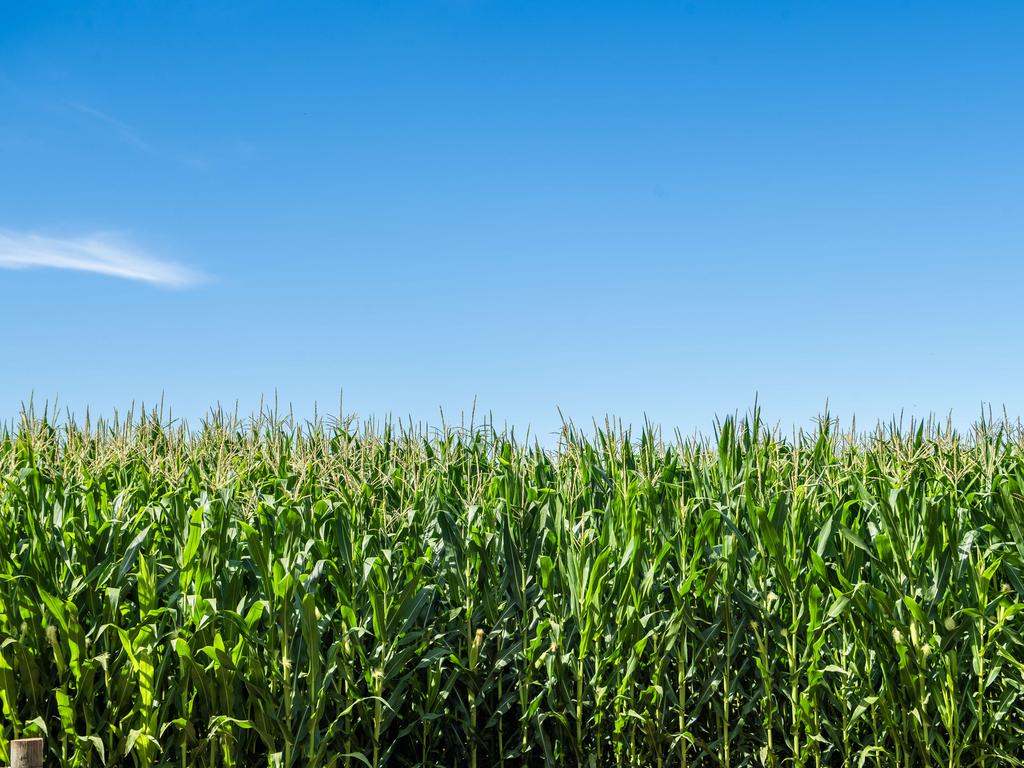We can’t bank on food security: ANZ calls for action on supply chain vulnerabilities
One of Australia’s big four banks has raised key concerns about supply chain ‘vulnerabilities’, calling for action.
One of Australia’s big four banks warns the nation is vulnerable to food supply disruption, calling for action – diversified trade, stockpiles and securing key farm inputs – to avoid a potential crisis.
As the Albanese government revealed more about its proposed national food security strategy, ANZ told The Australian the nation’s “just in time” supply chains were “risky” and “vulnerable” to trade, weather and geopolitical shocks.
The bank raises the issue in its latest seasonal analysis of food and agribusiness supply chains, warning Australia was “heavily reliant” on imports for key inputs to food production.
“Food security isn’t just about growing wheat and cattle – it’s about stable access to everything from fertiliser and farm chemicals to diesel fuel, coffee beans and frozen chips,” said Gerry Karam, ANZ’s head of institutional food, beverage and agri.
The bank’s intervention in the growing debate over Australia’s food security came as Agriculture Minister Julie Collins told The Australian that the government’s planned Feeding Australia strategy for improving security would focus on biofuels and preventing checkout price shocks.
Australian politicians have in the past been dismissive of concerns about food security, pointing to the fact the nation produces far more than it consumes.
However, Mr Karam backed warnings by food, farming and defence experts that this ignores the reliance on vulnerable imports for key inputs to Australia’s food production.
He said Australia relied on imports – mostly from China and the Middle East – for more than 90 per cent of its fertiliser, as well as for herbicides and pesticides.
Australia also imported a surprising amount of food, including almost half its pig meat, and much of its processed foods and ingredients for manufactured foods, such as bakery mixes, tinned tomatoes, cooking oils and frozen seafood.
“These inputs quietly underpin the diversity, efficiency and affordability of the food we eat – but they also highlight our reliance on global supply chains,” Mr Karam said.
“We are highly efficient and export-focused, but that model assumes global trade keeps moving smoothly.
“In today’s world of geopolitical tension, extreme weather and fragile supply chains, that’s a risky assumption.”

He said while other countries stockpiled grains, subsidised local production or bought farmland overseas, Australia relied on “just in time” supply chains.
“It’s great for market efficiency, but a strategic vulnerability,” Mr Karam said. “One major disruption – whether a war, a trade blockage or a fuel supply shock – could expose weak spots.”
Ms Collins told The Australian the $3.5m Feeding Australia strategy would seek to bolster supply chain resilience and agricultural productivity “with the goal of minimising price volatility and costs at the checkout”.
“The strategy will include an examination on the growing potential of a biofuels feedstock industry, which will support Australia’s transition to net zero and create new market opportunities for farmers,” she said. “I have tasked my department to work as quickly as possible (on the strategy).”

ANZ’s latest Food for Thought report on the sector suggests the nation consider diversifying trading partners, investing in storage, and securing critical farm and food inputs.
It says more closely aligning food security with defence plans would ensure food supply was better protected in the event of geopolitical tensions or conflict.
The report notes that despite its reputation as a major food exporter, Australia relies on imports for fresh fruit and vegetables, dairy, seafood and processed foods.
Australia spent about $1.3bn on dairy imports and imported about 65 per cent of its seafood.
“Even Anzac biscuits – one of Australia’s most iconic treats – are sometimes imported from New Zealand,” the report says.

ANZ food, beverage and agri insights executive director Michael Whitehead said Australia could consider appointing a food security “tsar” to drive progress.
“This is a very important discussion for the entire food supply chain,” Mr Whitehead said. “We have to look at our biggest vulnerabilities and they are inputs. On the food side, Australian dairy production continues to decline, imports continue to increase … Are we prepared to put up with an increasing reliance on imports, with their vulnerabilities to trade shocks?”






To join the conversation, please log in. Don't have an account? Register
Join the conversation, you are commenting as Logout